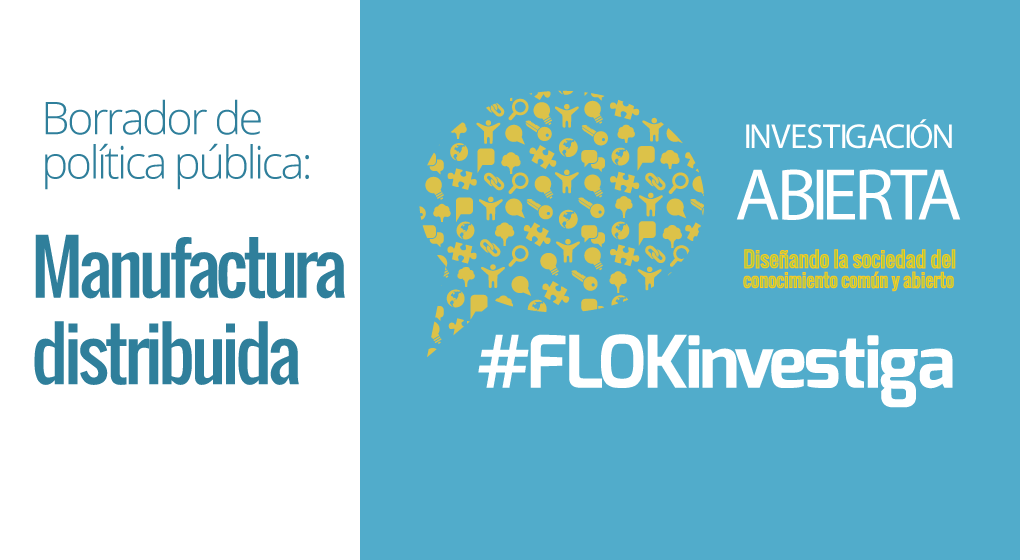The following public policy draft, produce by the researcher of the Buen conocer project / FLOK Society, George Dafermos, examines the application of the principles of social knowledge economy in the secondary industry (industry and on the processing of primary products sector), with emphasis on manufacturing.
The document holds that the current model uses the institution of intellectual property to create conditions of scarcity of knowledge: thus privatized knowledge and its dissemination is limited through the social field. The clearest example is patents.
The ideological justification for using the patent system is as follows: the exclusive intellectual property rights provide incentives for individuals and companies to engage in research and development of new products and services. I.e. promote innovation.
But does it really patents urge innovation? Dafermos argues not. The researcher states that in the capitalist model patents are mainly used as, for example, means for indicating the value of the company for potential investors, or as a means to prevent market entry by other companies.
Take the 3D printer for example . The creation of this patent expired about 15 years ago when they were accessible to the public, the development of this printer, design and performance, has been incalculable.
Hence the model Buen Conocer / FLOK Society proposes the free exchange of knowledge. Its fundamental belief is that technology develops more efficiently in conditions of openness and collaboration, in secrecy and the accumulation of knowledge. More now that we live in an era where the Internet facilitates connectivity and provides tools to empower knowledge.
In this context, the paper offers its policy recommendations to reform the current system. Here we give some of these proposals:
- The research dissemination and scientific and technological development.
- The de facto abolition the patent system, the transition may be gradually implemented programming to increasingly shorter periods and limiting patentability.
- Provision of special economic incentives for projects and public-oriented organizations.
- The development of a legal framework that gives the required organizational autonomy and institutional support for cooperatives and collectivist organizations to operate within the secondary sector and the social economy.
- The creation of a Community Investment Fund also community management oriented towards projects and public organizations.
- The introduction of training in the use and development of open technologies in the school curriculum and through university programs.
- The reorientation of science and technology (publicly financed) to models of open science, in order to make the fruits of technological research to all members of society accessible.
To read this entire document, pulsa aquí. Also, we invite you to be part of the research involved in commenting platform co-ment.
